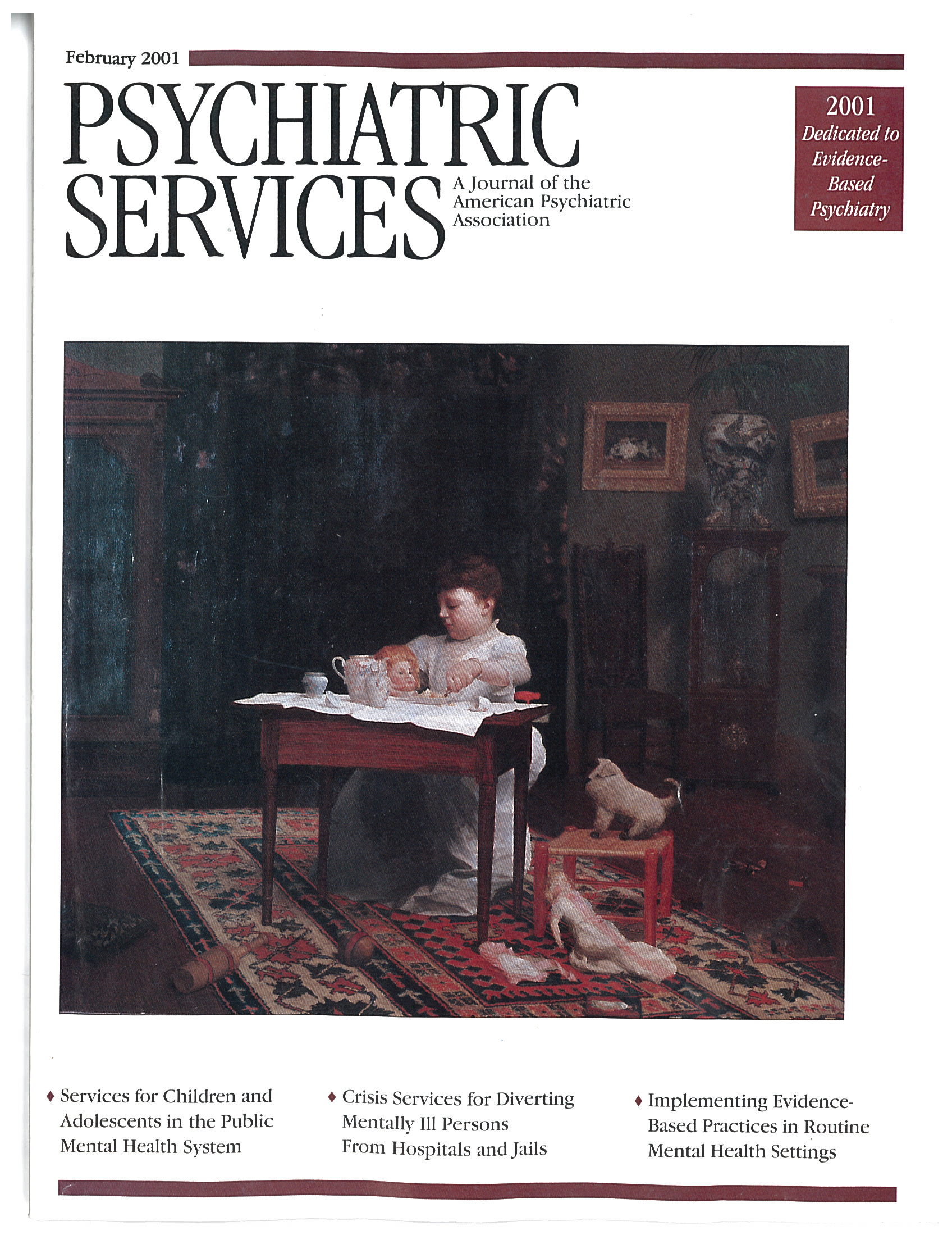Alice James: A Biography
Alice James, the younger sister of Henry and William James, might well have become the intellectual equal of her famous brothers had it not been for the constraints of Victorian society on women—constraints, Ms. Strouse suggests, that contributed to her lifelong struggle with neurasthenia. Plagued by various physical complaints and bouts of depression, she struggled valiantly against the "bad" sick Alice and made every effort to be the "good" resilient soul whose ardent nature shone through despite her suffering.
Henry James, Sr., the Swedenborgian visionary father of the family, had high philosophical aspirations for his four sons, but his only expectation for Alice was that she stay home and be a companion to her parents until she married. Frustrated, informally educated, but brilliant and opinionated, Alice turned inward and grew sicker with each ailment and nervous collapse. No treatment—and there were many—ever made her better for long. However, when she traveled through Europe with Henry and her maternal aunt, her health often improved dramatically, perhaps because she was constantly stimulated and exposed to a larger world. She was also the center of attention during her travels, something she desperately craved.
Each time she returned to her parents' home, she reentered a suffocating world from which there was no escape. It didn't help that the other young women in her social circle were marrying while she was not. Alice strove to make the best of her lot, briefly teaching history to other women via a correspondence school despite the fact that her health again deteriorated. While teaching, she met a fellow instructor, Katharine Loring, who became her dearest, lifelong friend.
After the death of her parents, Alice was left alone, but with a comfortable inheritance. Eventually she moved to London to be near Henry and to receive care from Katharine Loring, a selfless, strong, intelligent, and compassionate woman who devoted much of her life to nursing her own sickly sister as well as Alice. When Alice was diagnosed with cancer and made it clear that she was prepared to die, Katharine moved in with her and became both companion and caretaker. Since Alice was often too ill even to write, Katharine agreed to take dictation, writing down Alice's thoughts, feelings, observations, and political commentaries in a private diary.
Alice's story is one of intellectual triumphs and insights contrasting sharply with numerous breakdowns and illnesses. At her death, Henry wrote to William that "the extraordinary intensity of her will and personality really would have made the equal, the reciprocal life of a 'well' person—in the usual world—almost impossible to her—so that her disastrous, her tragic health was in a manner the only solution for her of the practical problem of life—as it suppressed the element of equality, reciprocity, etc." The tragedy of Alice James' life was that she was born at a time when women were rarely able to have aspirations beyond marriage and family.
Jean Strouse writes of Alice James' life with compassion and insight. It is a compellingly written story, well researched, and well worth reading.
Ms. Packer-Fletcher is a freelance writer, and Dr. Fletcher is assistant professor of psychiatry and director of the behavioral sciences research core at the University of Massachusetts Medical Center in Worcester.



